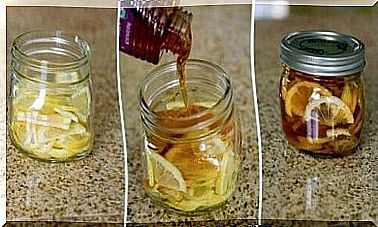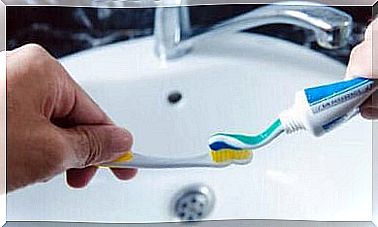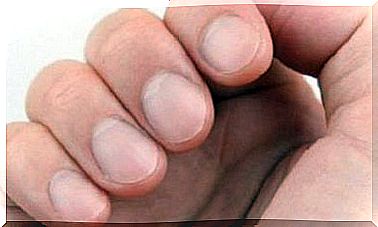Can You Treat Sleep Apnea Naturally?
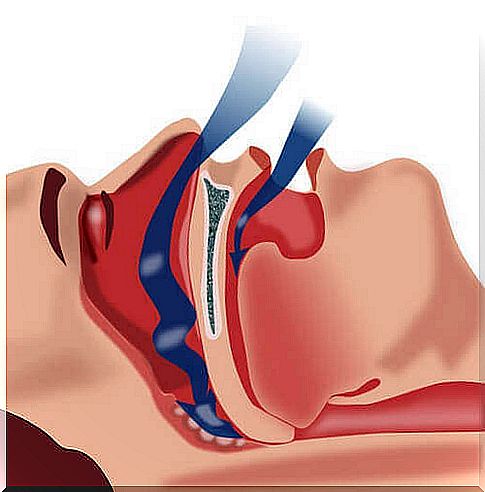
Sleep apnea is a syndrome characterized by impaired breathing during sleep. In this article, we will provide options for treating sleep apnea naturally.
There are two types: obstructive and central. Obstructive is more common. This type of apnea occurs when there are moments of complete or partial blockage of oxygen during breathing.
- In this condition, the diaphragm and chest muscles have to work twice as hard to increase the amount of oxygen in the airways.
- This can be serious because it not only alters sleep, but it also disrupts the presence of oxygen in the organs, leading to tachycardia, a very fast heart rate.
In the case of central apnea, it is directly linked to the functioning of the central nervous system.
In recent years, experts have found that apnea is linked to diseases such as high blood pressure, diabetes, depression, obesity and even cancer.
One of the main symptoms of apnea is snoring. However, this does not mean that all people who snore have sleep apnea.
In addition, there are other symptoms such as: accelerated breathing, restless sleep and insufficient sleeping positions to breathe continuously. In some cases, people also start to sweat.
If you want to learn more about this condition, pay attention to the information below.
Symptoms of Obstructive Apnea
- Snoring and also strange noises while breathing
- Feelings of suffocation upon awakening
- Headache
- Hyperactivity
- Fatigue and irritability
- Dryness of the mouth
- Congested respiratory tract and also frequent respiratory infections
- Breathing pauses
- Insomnia
Symptoms of central apnea

- Poor performance in daily activities
- Fatigue
- Movement of the rib cage when breathing
- Breathing through the mouth during the day
- learning disabilities
Causes and Risk Factors of Sleep Apnea
What are the causes?
In general, the average person has no respiratory problems.
However, victims of apnea experience the opposite: the tissues close and block the breathing process.
There are several risk factors for this, such as:
- Have a lower jaw that is shorter than the upper jaw
- Having a long neck
- Having trouble keeping your tongue in your mouth
- overweight
- Lesions in the central nervous system
- Heart and Lung Irregularities
- Bad metabolism
- Anemia
- gastric reflux
Prevention

There are many ways to prevent this condition from occurring. For example, you can:
- watch your body weight
- avoid alcohol and also tobacco
- treat respiratory allergies
- manage your stress as it can cause hormonal problems
- prevent a slow metabolism
Treating sleep apnea naturally
The oropharynx is located at the base of your tongue and includes part of the soft palate, side walls, tonsils, and the upper part of your throat.
Therapy for the muscles of the oropharynx and electrical stimulation is a method used to reduce symptoms of apnea.
These are simple, safe and effective exercises as they reduce snoring and the number of interruptions in sleep.
Fortunately, despite the above, it is also possible to treat sleep apnea naturally.
Put the palate to work
This exercise improves breathing while sleeping.
- Pronounce each of the vowels as you exhale air through your mouth.
- You have to say the vowels for 3 minutes every day.
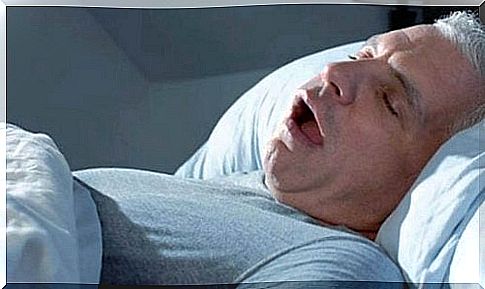
open vowels
- In this exercise, repeat the open vowels (A, O) as you inhale through your nose and exhale through your mouth.
- Pronounce words with a long sound when you combine two vowels. For example: boa, Maria, etc.
Blow up a balloon
Inflating a balloon helps exercise the lungs and the muscles of the diaphragm. Besides, it also strengthens the lips and especially improves the pronunciation of the words.
- To do this blow vigorously, do this between 5 and 6 times.
train your face
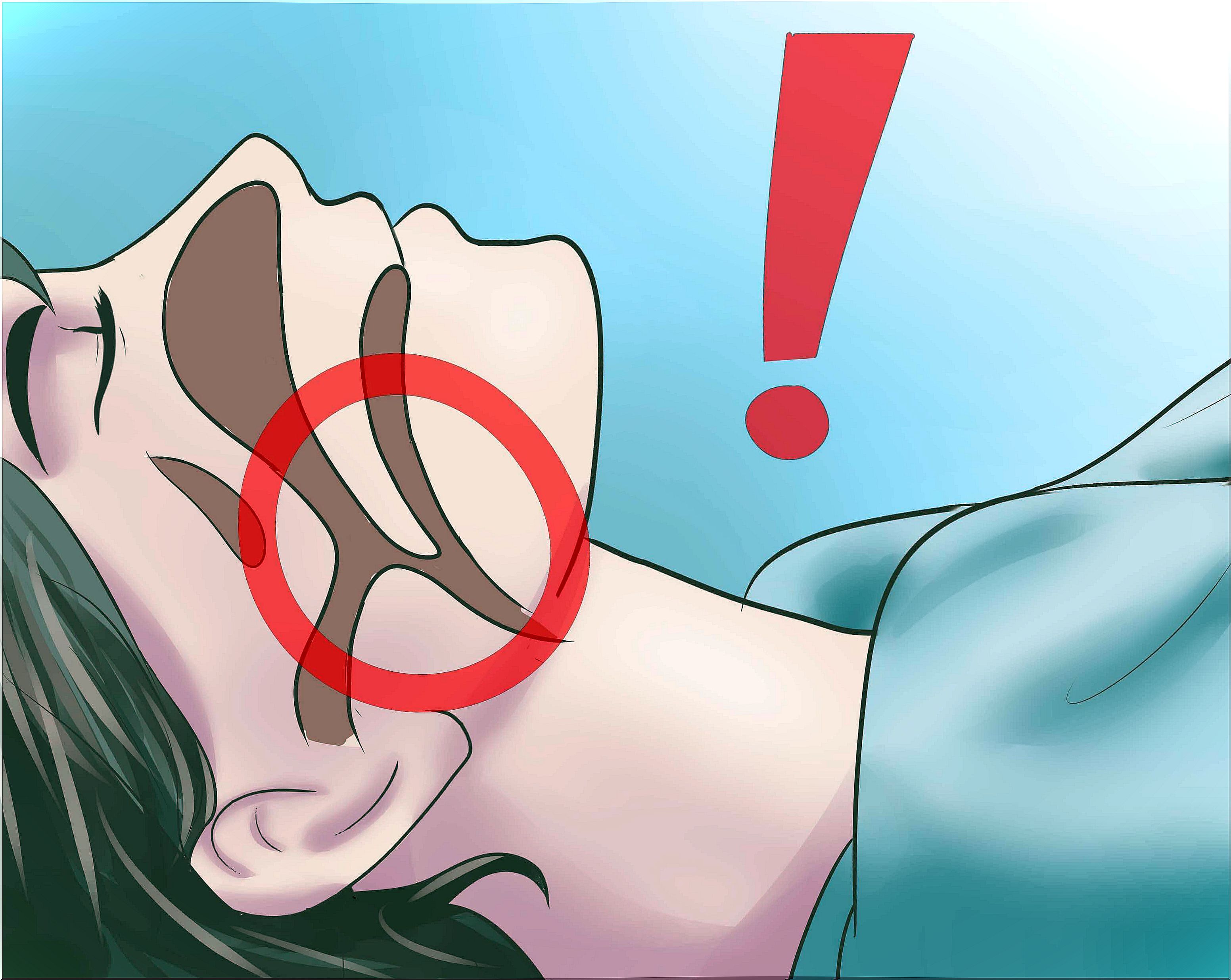
Other effective treatment methods are doing facial exercises.
- First, start by opening your mouth as wide as possible.
- Then tighten your lips for 10 seconds.
This will help to strengthen the muscles.
Put pressure on the palate
One of the techniques to combat insomnia is to press the end of your tongue against your roof.
- First, put your tongue just above your upper teeth.
- Then exhale through your mouth and exhale slowly.
- Then close your mouth and count 5 seconds while breathing.
- Finally, you exhale.
Latest Recommendations to Prevent Sleep Apnea Naturally
- First, turn off all electrical appliances early and avoid distractions.
- Make sure you always wear comfortable clothes for sleeping.
- Also keep the room well ventilated.
- Eat moderate amounts at dinner.
